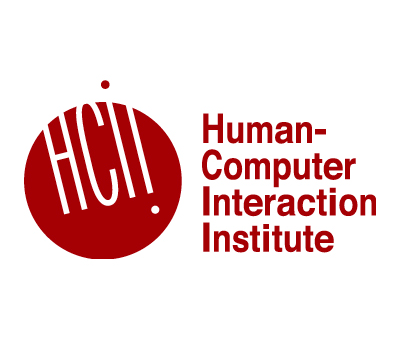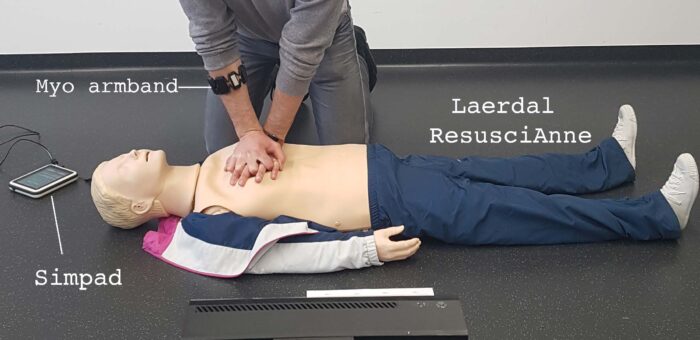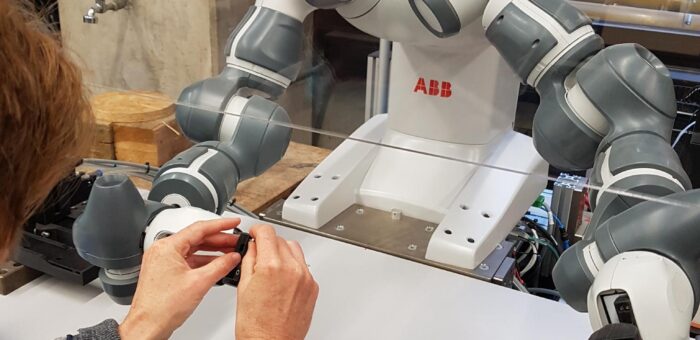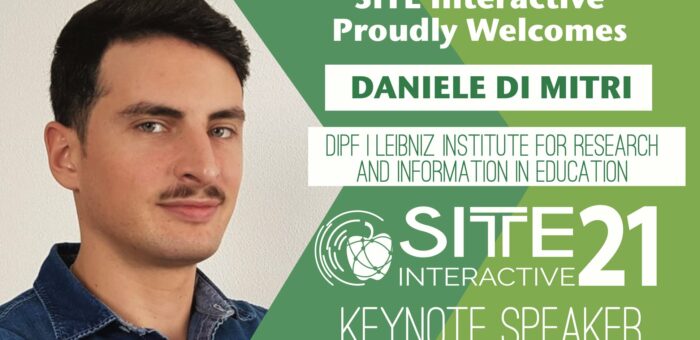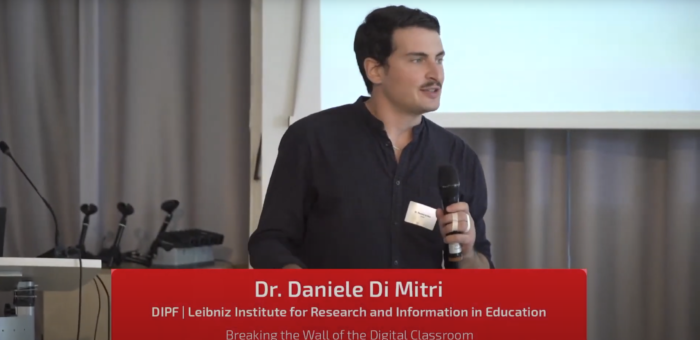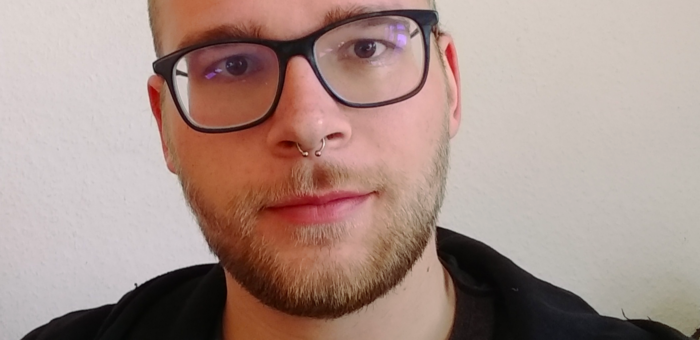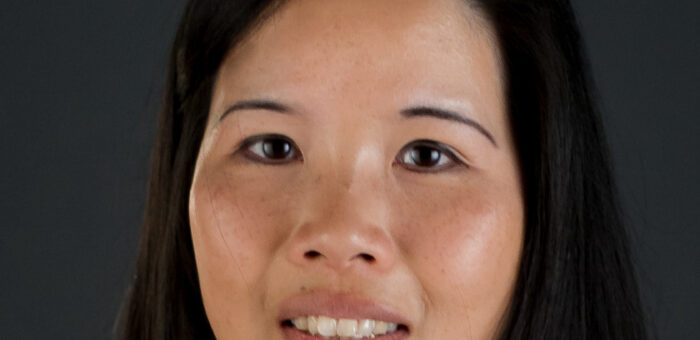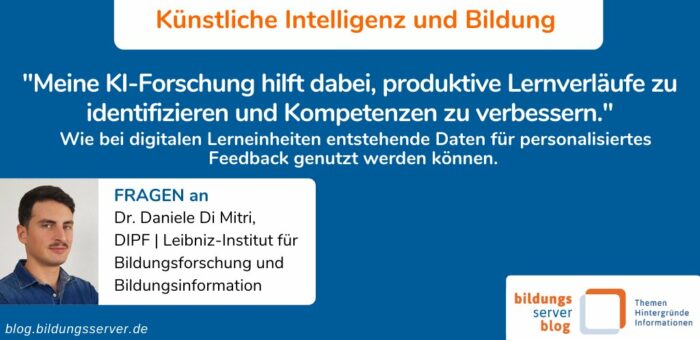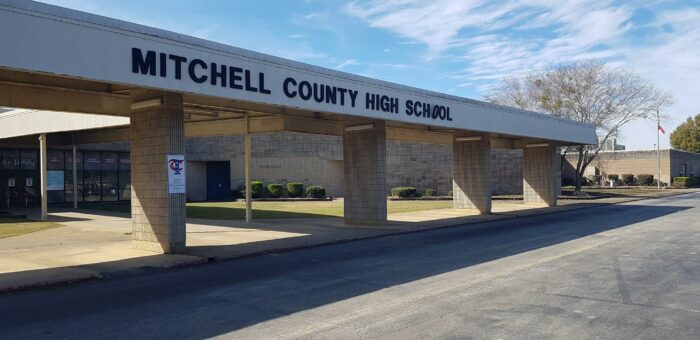
Artificial intelligence for supporting disadvantaged learners
[caption id="attachment_3685" align="alignleft" width="300"] The Mitchell County High School[/caption] Can Artificial Intelligence support disadvantaged teenagers in improving their mathematics and reading skills? Doctoral candidate Rashmi Khazanchi is investigating this relevant research question in her PhD project conducted with the supervision of Prof Hendrik Drachsler at the Open University of The Netherlands and Dr Daniele Di Mitri at the DIPF. Mrs Khazanchi is a mathematic and science teacher at the Mitchell County High School, located in the rural area of Camilla, in the southwest of Georgia, United States. The school offers generalist education as preparation for college and vocation and professional training. The high school is a publicly funded school system, and the majority of its student population are African American people. Several of these young students live in modest socio-economic…

